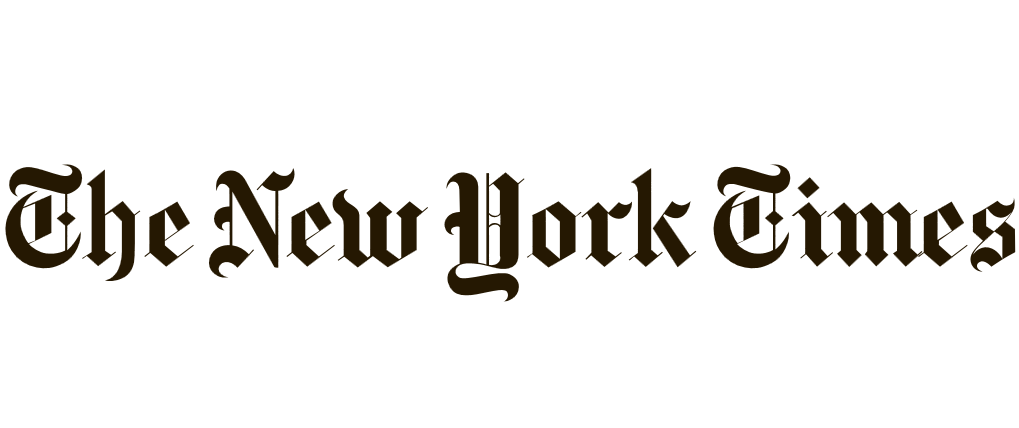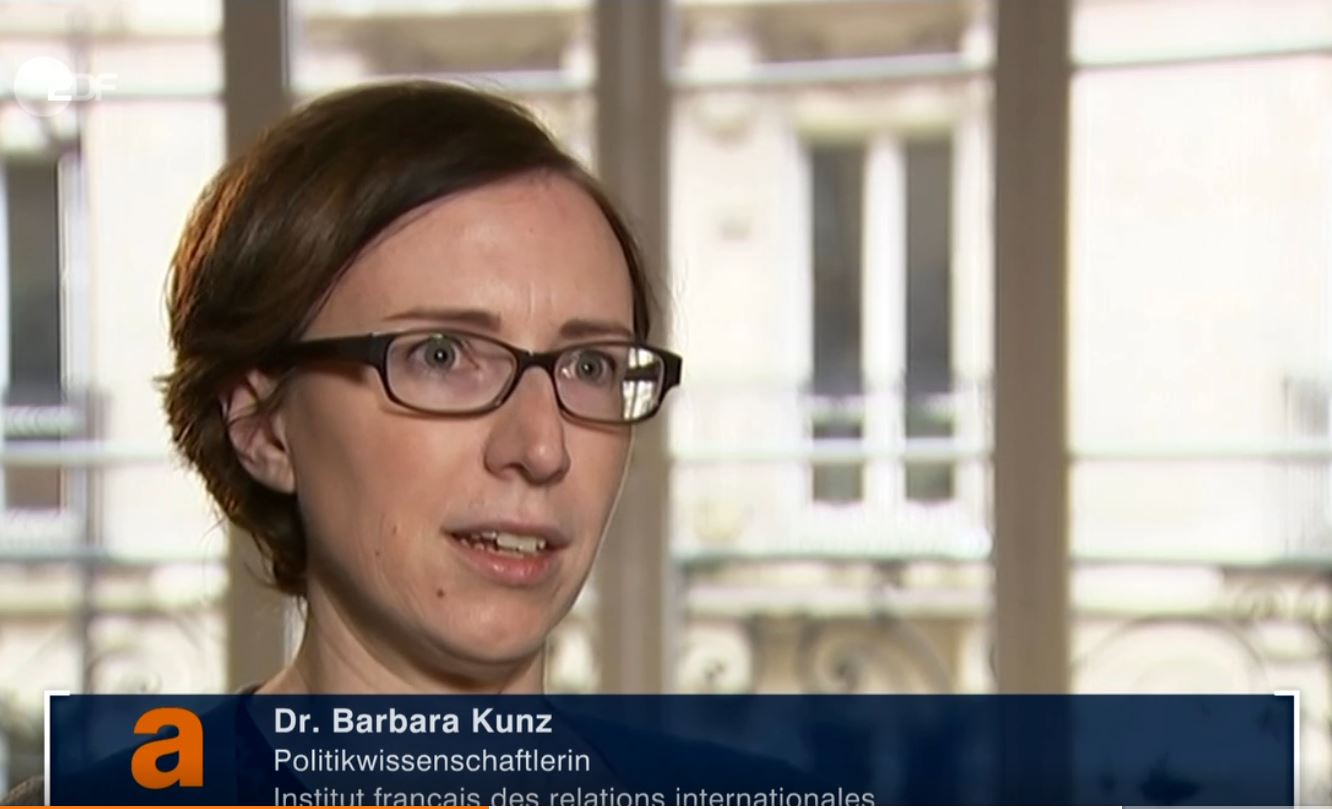United States of America
Despite polarized domestic politics and social tensions, the United States remains a major player in international relations, on the economic, military and diplomatic levels.
Related Subjects

Michala MARCUSSEN - Trump: One Year After The Election
Is the American economy doing well? Will the Tax Reform change this? How could the bond markets evolve in 2018?
Jeffrey GOLDBERG - Trump: One Year After The Election
3 questions to Jeffrey GOLDBERG, Editor in Chief, The Atlantic
Jeremy SHAPIRO - Trump: One Year After The Election
Has Trump changed his views of transatlantic relations? What should Europeans do? Is Trump's Russia policy dictated by the Russia probe?
Where is the U.S. nuclear arsenal headed?
An interview with Jon WOLFSTHAL, nonresident scholar, Nuclear Policy Program, Carnegie Endowment for International Peace


Trump : enough is enough?
The provocative, contemptuous and threatening style of the American president even irritate Republicans. Facing his overflows at the national and international levels, what mechanisms could limit the potential damages ?
Nuclear Energy in the United States: an Appraisal
An interview with William D. Magwood, IV, Director-General of the OECD Agency for Nuclear Energy
Donald Trump's challenge to American democracy and the western alliance
On April 27, 2017, Ifri hosted David FRUM (former speechwriter for President George W. Bush, senior editor for The Atlantic magazine) to discuss Donald Trump's challenge to American democracy and the western alliance.


Allies Fear Trump Is Eroding America’s Moral Authority
PARIS — When the State Department released its annual human rights report last week, it contained many of the usual tough American judgments of other countries. Iran was criticized for restricting freedom of religion and the media; Russia for discriminating against minorities; Eritrea for using torture; Bulgaria for violence against migrants and asylum seekers. The list went on.


Emmanuel Macron aide blames Russia for hacking attempts
Russia watchers say Moscow is deploying considerable resources to swing the French election.


The fight for the Elysée ...and for Europe
On Germanys second channel, ZDF, Barbara Kunz enlarges upon the French presidential election in May.
Why Hillary?
Hillary Clinton has been enthroned as the presumptive next President of the United States - by the celebrity mongers, by the trendy Hollywood set, by the media, by the pundits, by the big donors, by Congressional Democratic leaders like Nancy Pelosi and Charles Schumer and by the Las Vegas odds-makers. The crystallization of a consensus three years before the event is as intriguing as the questions about what sort of president she would make.
The Washington Tea Party
The near meltdown of the United States government evoked worldwide dismay and confusion. Both reactions were especially acute among America’s well-wishers. For not only would they have suffered the consequences of a global economic crisis but they also feel dependent on the probity of American leadership. That dependence may stem in part from their own failures to assume their reasonable share of responsibility for sustaining an orderly international system - a state of affairs remarkably unaffected by the costly flaws in Washington’s custodianship over the past several years. It is nonetheless real.
The U.S. Oil and Gas Boom
A funny thing happened in the last few years when no one was paying attention. J.R. Ewing, the legendary Texas oilman, and his wife Sue Ellen sold Southfork, their ranch near Dallas, and moved to a new home in Pennsylvania (Northfork?). JR immediately began buying subsurface mineral rights for acres of land above the Marcellus and Utica shale formations in the Appalachian Basin. Cliff Barnes, J.R.'s nemesis, sold all his Texas properties and moved to North Dakota, where he started leasing mineral rights to acreage above the Bakken shale play.
Don't Bank on Change: Finance and Regulatory Reform in the U.S.
As a number of provisions of the Dodd-Frank Act are entering into force, five years after the beginnings of the financial crisis, Professor Herman Schwartz explains how the U.S. banking community will continue to hurt the interests of the American economy and political system.
Is Omar Sy an Uncle Tom? Race relations in America and France as seen through "Les Intouchables"
The Intouchables tells the story of a young Senegalese immigrant named Driss, who has been hired to be the caretaker of Philippe, a rich tetraplegic. The feel-good comedy has been a smashing success in France and across the world, grossing over $350m worldwide. While reviews of the film both in France and abroad have been mostly positive, there is a contingent of American critics that thinks that The Intouchables highlights racial stereotypes.
The Democratic Party Under Obama and Beyond
The Democratic Party relies today on very different segments of the U.S. electorate, making it impossible for a Democratic President to sustain long-term public support. In the context of the current campaign, Prof. Nicol Rae provides an analysis of the Party's electoral strategy, since 2008 and beyond 2012.
U.S. Demographics: The Hispanic Boom
As confirmed by the 2010 Census, Hispanics have become the largest and most dynamic ethnic minority in the United States. While still facing many difficulties, this rather diverse group is undergoing important changes in terms of political representation, economic situation and cultural recognition. It should play a growing role on the national scene in coming years.
Strategic Stability in the Cold War: Lessons for Continuing Challenges
During the Cold War, the phrase “strategic stability” gained currency both as a foreign policy objective and as an apt way of describing the fact that the United States and the Soviet Union never actually went to war.
What Now for Obama ?
Larry J. Sabato, Professor of Politics at the University of Virginia, provides us with solid historical references and tools of analysis to understand midterms in general and those of 2010 in particular.
He points to the damaging effect of Tea Party candidacies on the Republican victory in the Senate, and on the impact of Republican gains on the 2011 redistricting process. But the bad economy seems to have been the key issue for 2010 voters - it may be key as well in the 2012 presidential election.
‘‘I'm Not a Feminist, But…'', a Comparative Analysis of the Women's Movement in the United States and France
The emergence of a feminist thought in the 18th century gave rise to steady and regular exchanges between French philosophers and American activists. They illustrate in a very particular sector the wealth of the relation between both countries. This dialogue continues on renewed bases today: both in universities (with the exploration of the concept of gender) and in the militant world (with the defense of precise and limited causes).
Support independent French research
Ifri, a foundation recognized as being of public utility, relies largely on private donors – companies and individuals – to guarantee its sustainability and intellectual independence. Through their funding, donors help maintain the Institute's position among the world's leading think tanks. By benefiting from an internationally recognized network and expertise, donors refine their understanding of geopolitical risk and its consequences on global politics and the economy. In 2024, Ifri will support more than 70 French and foreign companies and organizations.









